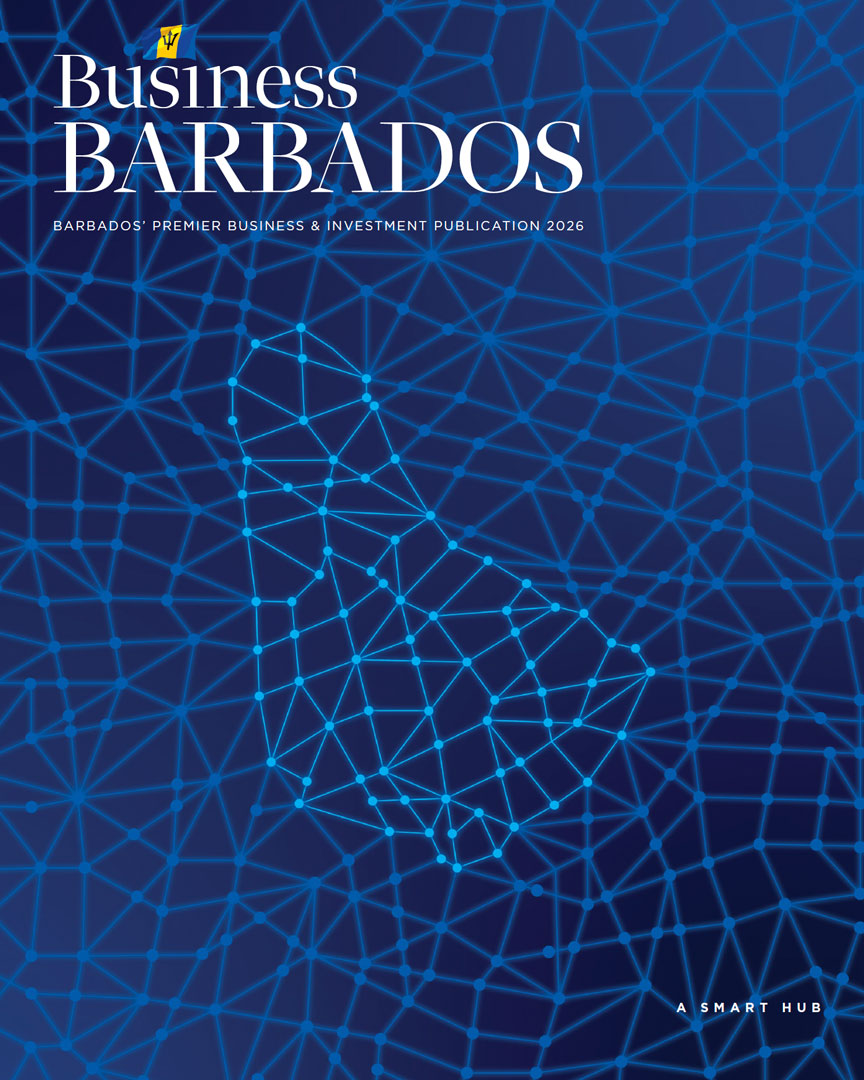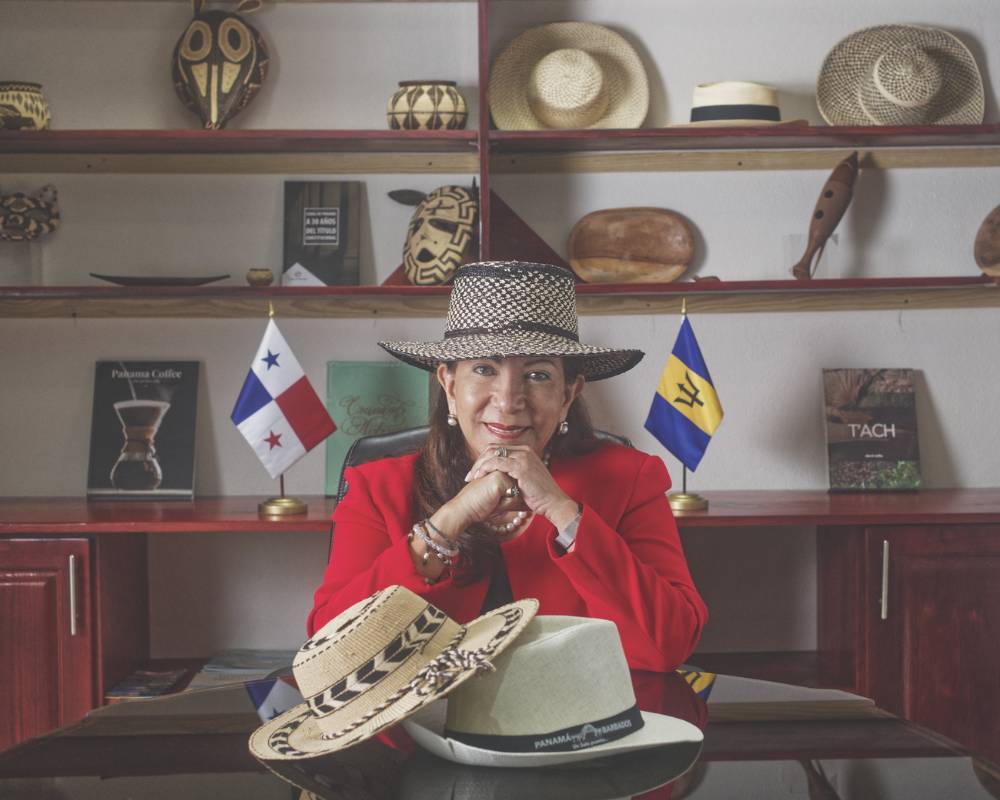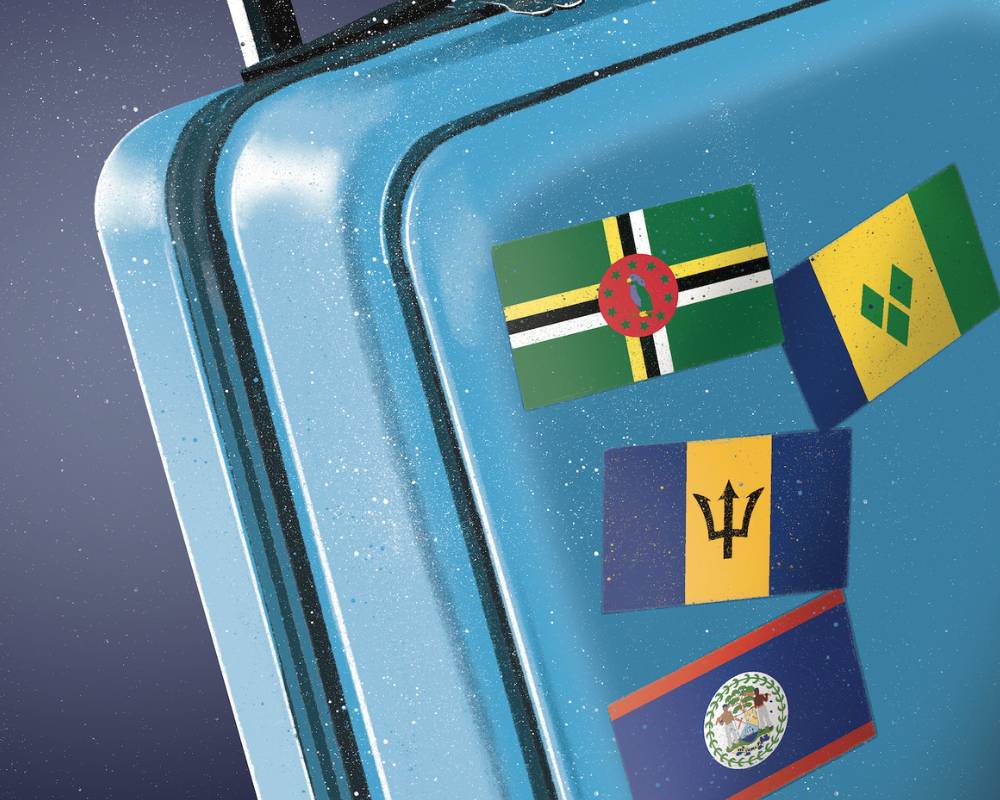
Over the past five decades, Barbados has evolved into a thriving global business hub. The sector has grown from around 20 international manufacturing entities in the 1970s to over 2,300 corporations deriving 100% of their income from foreign sources, alongside approximately 1,000 entities servicing a mix of domestic, but primarily international clientele.
Early Foundations: Industrialisation by Invitation
In the 1970s, Barbados embraced the economic strategy of industrialisation by invitation, conceptualised by St. Lucian Nobel Laureate Sir Arthur Lewis. This marked a shift from low-tech, mass-labour markets to a knowledge-driven economy. Tax holidays, duty-free concessions, and low-cost factory spaces attracted North American manufacturers, laying the groundwork for a service-driven global business ecosystem in the 1980s and 1990s.
At the heart of this transformation to an international business and financial services jurisdiction was Barbados’ highly educated workforce. A cadre of legal and accounting professionals marketed the island’s skilled talent as ideal for the emerging knowledge industries. By the 1990s, Barbados thus became a prominent international business and financial hub, especially for Canadian and U.S. corporations, thanks to a growing network of double taxation agreements and bilateral investment treaties.
This success was reflected in a shift from reliance on aid to foreign direct investment (FDI), which accounted for nearly 30% of Barbados' GDP in the 1990s. For almost four decades, Barbados was the third-largest recipient of Canadian Direct Investment globally, after the United States and the United Kingdom.
Navigating Challenges and Global Compliance
Barbados’ success as a global business hub hasn’t come without challenges. From the Organisation for Economic Cooperation and Development’s (OECD) tax blacklisting in the 1990s to European Commission (EC) and Financial Action Task Force (FATF) scrutiny in recent years, the island has continuously refined its corporate tax and regulatory frameworks.
Today, Barbados is fully compliant with OECD, EC, and FATF standards. The introduction of a 9% corporate tax rate in January 2024, along with the adoption of a 15% tax rate for multinational companies in scope of the OECD Global Corporate Minimum Tax, positions Barbados as a proactive leader ahead of the January 2025 global implementation deadline.
A Jurisdiction of Substance
For decades, Barbados has touted itself as a “low tax” but not “no tax” jurisdiction, emphasising its status as a jurisdiction of substance. Prior to the introduction of the new global minimum tax regime, Barbados had increasingly prided itself on a well-educated, highly-skilled local workforce that obviated the need for global companies to bring in a depth of high-cost expatriate talent to operate their Barbados-based subsidiaries. Unlike other similar global business jurisdictions in the region, local talent hold many of the upper level and board positions in these companies, equipping them to comply with the old Canadian ‘mind and management’ standard and the more recently enshrined OECD economic substance tests to prove that the core income generating activities of the company were actually being carried out by real people in real offices on the island. However, as the global minimum tax levels the playing field, Barbados recognises that superior talent and quality of life alone will not be enough to continue to keep the existing global businesses or attract new ones to our shores.
Enhancing Efficiency for Global Business
For close to nine months the Barbados Government, along with private sector partners including BIBA, have laboured to bring to life a new statutory corporation: Business Barbados (not to be confused with this stellar magazine), designed to sit at the nexus between Invest Barbados and Export Barbados, ensuring a seamless experience for global businesses, from pre-incorporation to dissolution. At the time of writing this article, legislation establishing Business Barbados has passed, office space has been secured, and staff transitions from the Corporate Affairs and Intellectual Property Office are underway, with the blessing of the trade unions. Under the leadership of a private-sector-experienced CEO, the autonomous, self-financing entity promises a premium, tech-driven experience with turnaround times benchmarked against global competitors.
Expanding Beyond Traditional Markets
It is no secret that Barbados is increasingly looking to Africa and the Middle East for potential new business even as our traditional source markets in North America and Europe become increasingly focused on plugging any leaks in their treasuries. Barbados is living by its ‘friends of many, satellites of none’ ethos, by strengthening diplomatic and economic ties with emerging sources of capital investment, including Abu Dhabi, Dubai, Ghana, Kenya, Nigeria, and Rwanda. The Government’s Treaty Negotiating Team, on which BIBA also sits, is finalising new bilateral investment treaties with the United Arab Emirates, Ghana and Rwanda. Simultaneously, it is formulating a new model double taxation treaty with a developmental component to ensure that the economic benefits brought by new foreign investment remain sustainable.
A Resilient and Diversified Sector
The Barbados global business sector remains the most resilient and robust net-contributor to the island’s Gross Domestic Product. Initially a solution for global manufacturers looking for low-cost assemblies; to becoming a player in increasingly sophisticated financial planning and wealth management strategies; to equipping ourselves for a future that is increasingly cyber, Barbados can continue to play a pivotal role in optimising the profitability of companies that operate on a global scale. The diversity of industries within the sector makes it a powerful feature of Barbados’ economic risk mitigation, as was witnessed during the COVID-19 pandemic when the global businesses were for the most part able to operate seamlessly despite shutdowns and without any major staff losses.
Having weathered the last 50 years with adaptability and perseverance, we will continue to balance compliance with innovation for sustainable growth to ensure that the future remains global for many generations to come.















